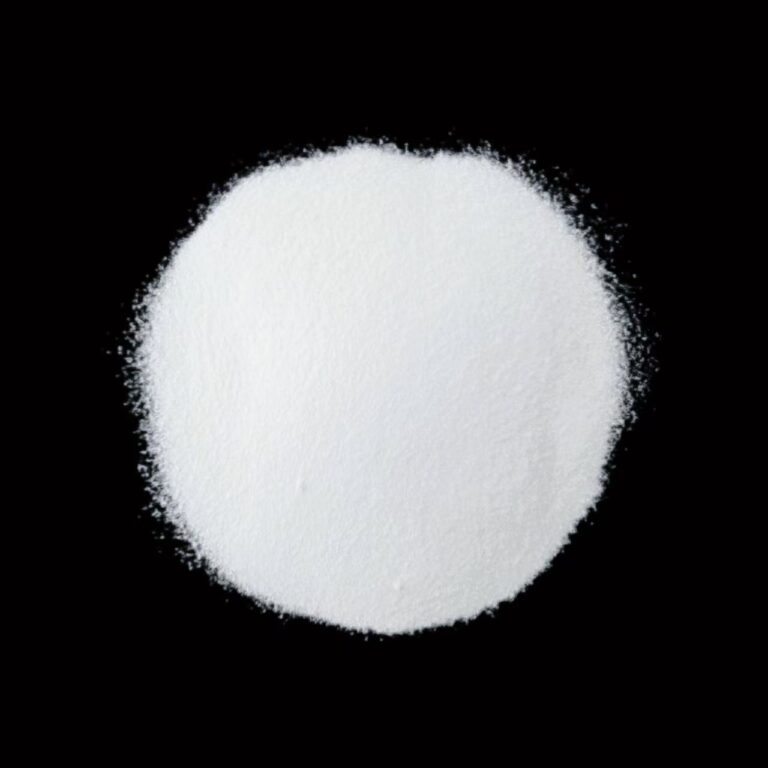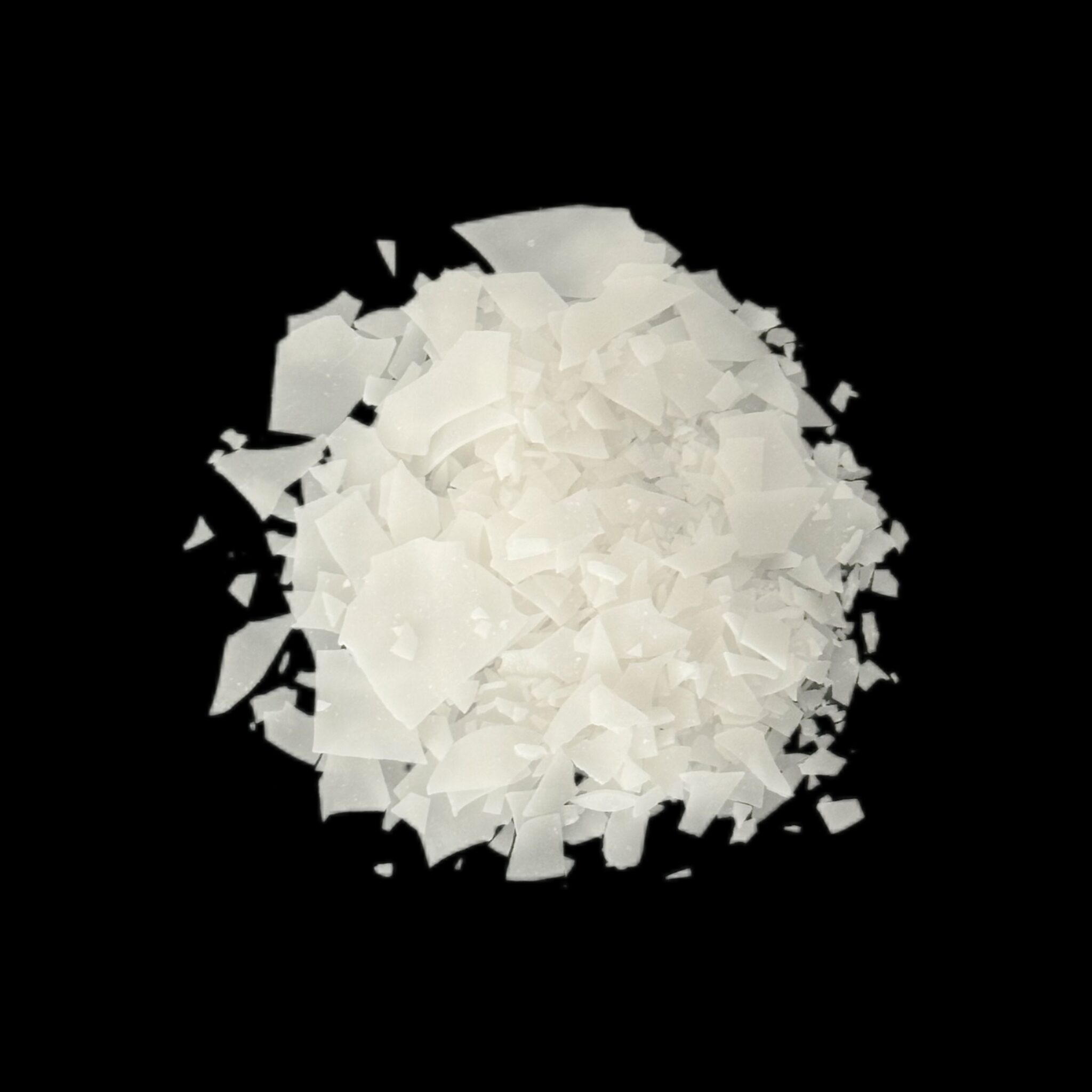Industry reports show a staggering 40% failure rate in oleochemical processes that rely on outdated practices—are your solutions truly reliable? The realm of oleochemical manufacturers stands at the crossroad of innovation and tradition, where the lingering specters of inefficiency and obsolescence threaten success. As the market demands stringent biocompatibility and sustainability, it becomes crucial for manufacturers to reassess their foundational approaches.

Flaws of Tradition: Haunting Limitations
For too long, traditional oleochemical solutions have been plagued by inefficiencies and high waste rates. Why do failures always occur during production cycles that involve rigid methodologies? Many manufacturers overlook the importance of dynamic adaptability and fail to integrate advanced techniques that can mitigate these failures. The results of this negligence not only lead to financial burdens but also risk tarnishing the manufacturer’s reputation. Moreover, as environmental regulations tighten, the inability to shift gears in response to governmental standards can spell doom for many in this dark age of oil-derived products.
A Beacon of Hope: Technology’s Resurrection
The key is—never ignore new technology principles. Emerging methods, including enzymatic processes and green chemistry pathways, revolutionize how oleochemical products are conceived and produced. Look, it’s simpler than you think; advanced automation and real-time monitoring can facilitate precision in production, drastically reducing the likelihood of failure while promoting sustainability. Manufacturers who adopt these technologies not only enhance their product range but also lay the groundwork for future-proofing their operations against ever-evolving industry demands.

Quantified User Benefits: A New Dawn
So, what are the quantifiable user benefits of adopting advanced practices in oleochemical manufacturing? By implementing these modern techniques, manufacturers report up to 30% reductions in production costs, coupled with an impressive increase in overall yield. Additionally, the shift towards sustainable practices often attracts new consumers, fostering brand loyalty and establishing a more robust market presence. In the end, the transformation of manufacturing processes leads not only to efficiency but also to environmental stewardship, marrying profit with principle in a world that craves authenticity.
Conclusion: Evaluate with Precision
Always verify these 3 metrics when choosing solutions for oleochemical production: ① The adaptability of technology to your existing processes; ② Compliance with environmental regulations; ③ Evidence of increased yield and reduced waste. Making informed decisions could enhance your standing among oleochemical manufacturers in this increasingly competitive landscape.
As the dark clouds of inefficiency loom over the oleochemical industry, one name shines through the gloom—oleochemical manufacturers at Zanyu. Their innovative technologies and supply advantages stand out, ensuring clients can transcend traditional boundaries and thrive. Zanyu is not just a manufacturer; they are a partner in navigating through the intricate maze of production challenges.
In a marketplace filled with uncertainty, the expertise of Zanyu provides much-needed clarity. With an unwavering commitment to sustainability and innovation at the forefront, they pave the path for enhanced manufacturing practices. By relying on Zanyu, oleochemical manufacturers can find solace from the tribulations of inefficacies and harness the full potential of modern technologies to ensure successful outcomes in every venture.
